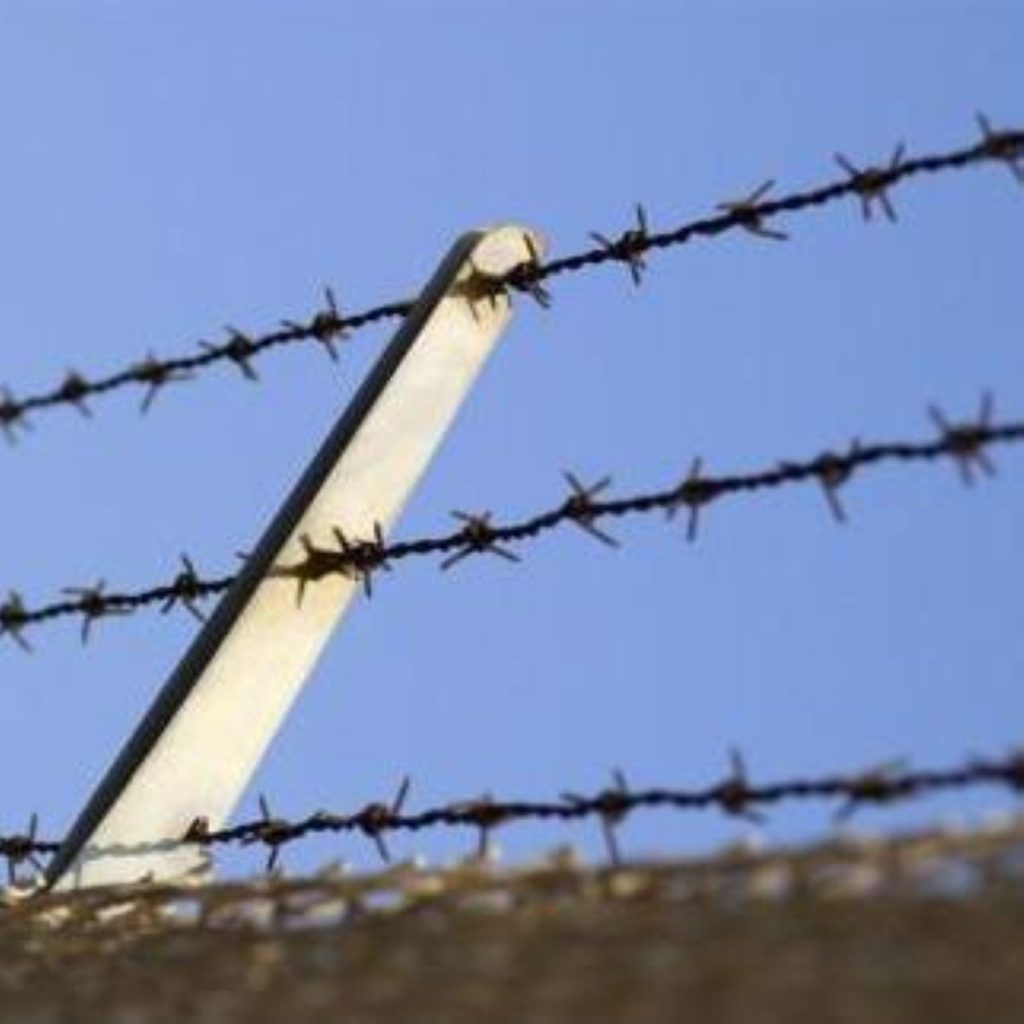£10bn bill for failing prison rehabilitation
Prison overcrowding and poor management have been blamed for the limited progress prisoners serving short sentences make towards rehabilitation while in jail, a report has found.
The National Audit Office (NAO) pointed out a number of difficulties with short-sentenced prisoners, whose daily activities were judged “generally inadequate”.
Over 60,000 prisoners serve sentences of 12 months or less each year. They have an average of 16 previous convictions and have a high level of homelessness, joblessness and drug and alcohol problems as a result.


Today’s report found current arrangements were not doing enough to help rehabilitate this group.
“Achieving the national offender management service’s goal of reducing re-offending by short-sentenced prisoners is challenging both because there are so many prisoners and because of the few weeks they have in custody,” NAO chief Amyas Morse said.
“However, it is reasonable to expect progress towards that goal. More coherent plans for prisoners, tailored to reducing their risk of re-offending would be a good first step.”
The cost of failure is high. It is estimated that the social and economic cost of reconvictions, which occur in 60% of released prisoners, totals up to £10 billion every year.
Prisons minister Maria Eagle said re-offending rates were falling, with adult re-offending down 20.3% and juvenile reoffending down 23.6% since 2000.
“We will always provide prison places for the most dangerous, serious and persistent offenders. Prison is the right place for such people. That is why we are providing an extra 3,600 prison places this year alone,” she said.
“However prison is not always the right answer for less serious offenders. In some of these cases a tough community sentence can be more effective than a short prison sentence – more effective in terms of rehabilitating offenders, turning them away from crime and therefore giving greater protection to the public.”












